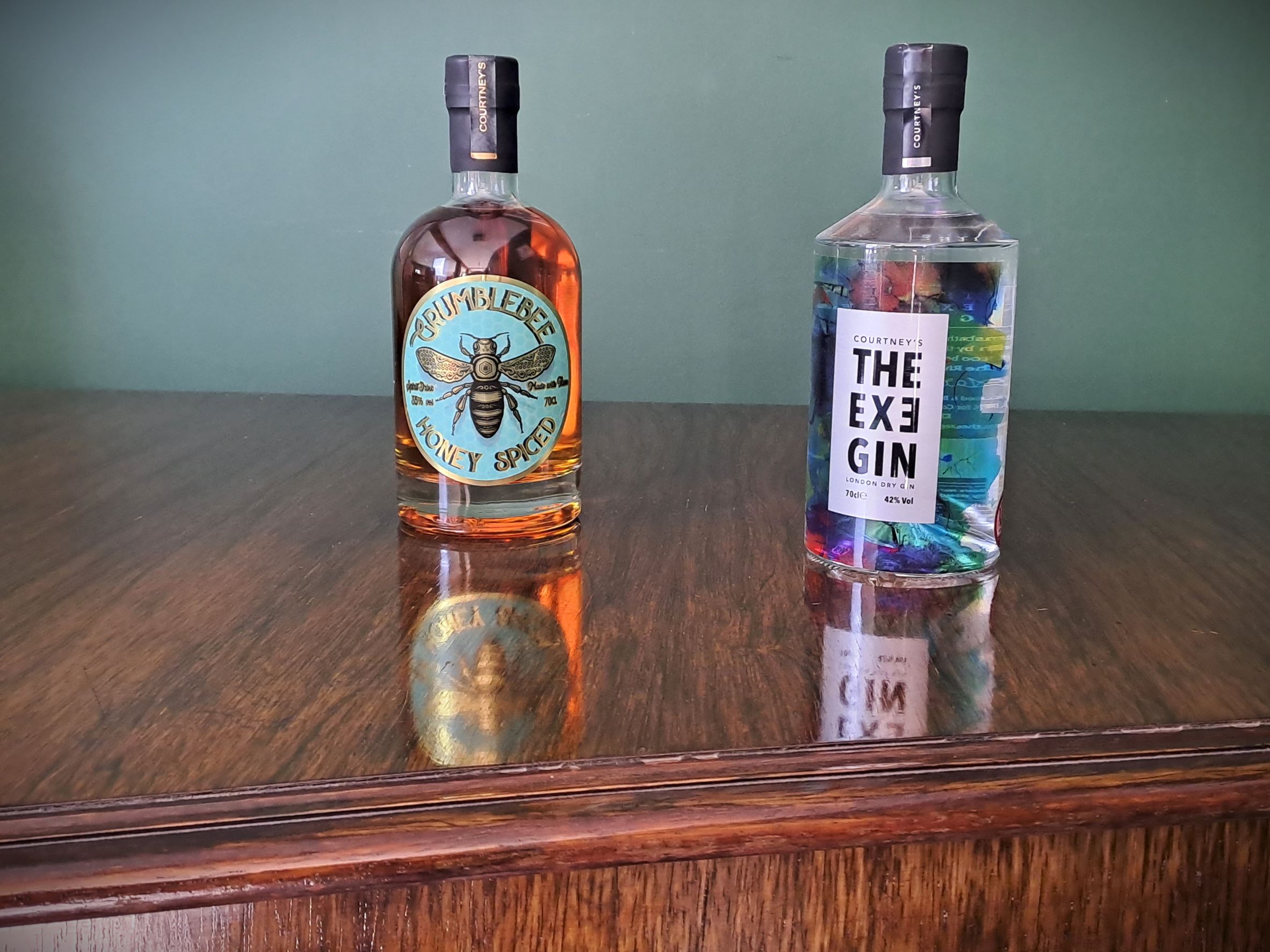Pub Quiz

- 1)Children in the 14th century were baptised in what?
- a)Ale
- b)Cider
- c)Sack (a precursor to sherry)
- d)Wine
- 2)How many varieties of apples are there in the world?
- a)2500
- b)5000
- c)7500
- d)10000
- 3)What is the oldest spirit in the world drunk for pleasure and not medicine?
- a)Rum
- b)Gin
- c)Brandy
- d)Whisky
- 4)How much does a bushel of apples weigh?
- a)20lbs
- b)28lbs
- c)40lbs
- d)48lbs
(Answer: b) Cider. There were no water filtration systems in the 14th century, but people were beginning to be aware that dirty water could be spreading diseases, like the Black Death. Children were baptised in cider, as it was more sanitary. Cider, Ale and Wine were -commonly drunk throughout the day, rather than water. Sack (sweet or dry sherry) became popular in the 16th century in England, most famously as the Shakespeare character Falstaff’s favourite drink.
(Answer: c) 7500. 2500 varieties are grown in the UK. If you were to eat a different type of apple every day, it would take nearly 7 years for you to get through all the varieties in the UK alone and over 20 years to eat all the varieties in the world.)
(Answer: a) Rum. Rum is made from fermented sugarcane and references to such a drink is recorded in places as disparate as ancient India, the Malay Peninsula, Cyprus, Iran and Brazil, throughout ancient and early medieval times. Distilled rum was first produced in the Caribbean in the 17th century, as plantation slaves discovered that molasses (a by-product of sugar refining) could be fermented and that distillation made it purer.)
(Answer: d) 48lbs. A ‘bushel’ is not a standard measurement and its definition changes depending on what you are weighing. A bushel of fresh apples is 48lbs. A bushel of dried apples is 21lbs. A bushel of apple seeds is 40lbs… I really am very grateful for the metric system.)









